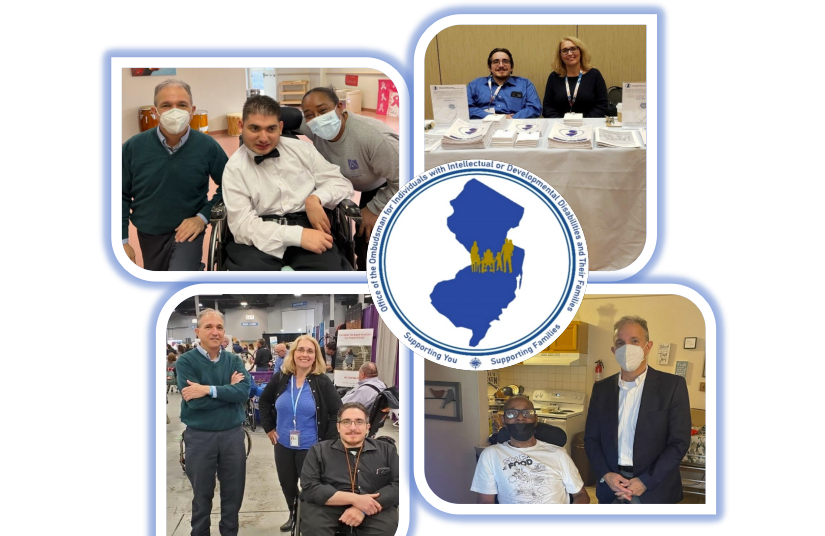
Every year, the New Jersey Ombudsman for Individuals with Intellectual and Developmental Disabilities delivers a statutory report to the Governor, Legislature, and Commissioners of the Departments of Human Services and Children and Families, summarizing the services provided by the Ombudsman’s office during the year, and any recommendations the Ombudsman deems appropriate concerning the State’s implementation of procedures related to services and supports for the IDD community.
In his fifth annual report (2022) since his appointment by Governor Murphy, IDD Ombudsman, Paul Aronsohn, reflects on the growth of the Ombudsman’s office and assesses what has worked within New Jersey’s IDD system of care through the many lessons learned from the experiences of individuals in the IDD community. The 2022 annual report describes the many developments that have positively impacted the autism community, including the extension of Medicaid coverage for ABA therapy for children, increased funding for community-based services, and an additional year of special education services for students with disabilities impacted by the pandemic, who would otherwise have aged out of their IDEA entitlement.
The Ombudsman’s 2022 annual report also makes several recommendations on ways to improve State policies and practices to better serve the IDD community. Significantly, the Ombudsman explains in detail that the State should adopt Autism New Jersey’s key priorities related to severe challenging behavior. These priorities include:
- Ensuring robust coordination between State officials, experts, and parents, prioritizing early identification of severe challenging behavior
- Integrating ABA into state-supported service lines
- Increasing and strengthening the autism workforce
Details of these priorities can be found in Autism New Jersey’s Autism and Severe Challenging Behavior policy recommendations.
Other suggestions from the Ombudsman’s 2022 Annual Report include:
- Considerations to mitigate the workforce shortage among behavioral health professionals
- Recommendations to improve safeguards against abuse and neglect in State-licensed IDD residential facilities
- Opportunities to meaningful approaches to integrate, embed, and adapt medical care into the IDD community to better support their many complex medical needs
In his final recommendation, the Ombudsman urges the State to broadly re-evaluate all aspects of New Jersey’s IDD systems of care to “make fundamental changes to the way we make decisions, develop policies, and engage the disability community.” These changes range from ensuring that individuals with lived experience hold meaningful decision-making positions in State and Local government to ensuring that policies set in New Jersey do not create harmful economic and cultural barriers for the IDD community.
Autism New Jersey acknowledges the complexities inherent in meeting the community’s diverse needs within the limitations of available state and federal funding. We are committed to participating in and advancing this dialogue in collaboration with the Ombudsman and others on behalf of New Jerseyans with developmental disabilities.








